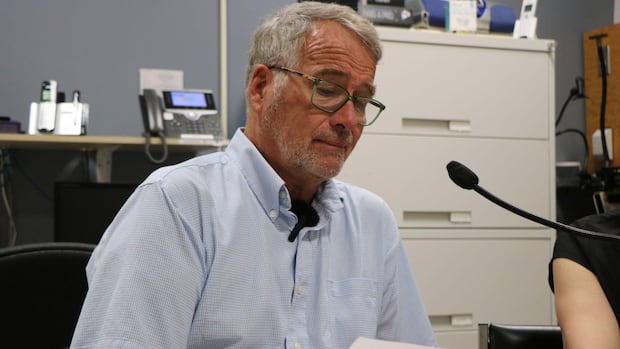Family BC seeks stem cell donor to save child with rare neurological disease

A family in Abbotsford, BC, races against time to find a bone marrow donor for their seven-year-old son, Bowin Funk, who has a rare neurological disorder.
The boy was diagnosed adrenoleukodrystrophy (ALD) in December 2019, with his parents Chantel and Jason Funk saying their boy’s latest MRI scan showed signs of mild brain damage.
ALD can lead to serious complications as the disease progresses, including lifelong disability and death. It affects myelin, which acts as an “insulator” of sorts around nerve fibers in the brain, as well as the spinal cord.
Currently, the only accepted treatment for the disease is bone marrow (stem cell) transplantation, which involves aggressive treatment within a specific window.
While Bowin is under the care of doctors at BC Children’s Hospital, a University of Calgary expert says the doctors most experienced in treating ALD in the US are based in Minnesota.
“We don’t like the idea of having to leave our entire lives to go somewhere else for six months,” Chantel told CBC News. “Although, you know, it could be a great opportunity.”
But the family has not been told whether the county would fund their out-of-state treatment in Minnesota. And without insurance, the initial costs they face would total more than $1.25 million.
As the Funk family ponders their next steps to save their child, those who have seen the disease firsthand say Canada should consider screening for the condition at birth and improving coverage options outside the province.
“My hope is not just for children in BC, I hope for all of Canada…that we have good and successful treatment and that we can advocate for change here in Canada,” Chantel said.
“It kind of gives purpose to what we’re going through. And if [someone] who has been through something difficult, finding the purpose of it helps you get through it a bit.

Disease more commonly seen in young boys
Dr. Kim McBride, chief of medical genetics at the University of Calgary, said the disease is extremely uncommon. He estimates it to be about one in 15,000 people.
“[It’s] an interesting disease,” he said. “Even though you have a genetic change that says you can get this disease, you may not always get it.”
McBride says the only other option for ALD treatment is gene therapy – which is approved in the US and Europe, but not in Canada.
The doctor also said the disease, while uncommon, is more commonly seen in young boys than girls.
One of those guys is Saskatoon kid Conner Finnwho was diagnosed with ALD shortly after COVID-19 restrictions came into effect in June 2020.
Finn’s family had to liquidate their savings to move to Minnesota and receive treatment for Conner there – something that ultimately saved him.
Although the province of Saskatchewan initially refused to pay for the child’s treatment, they eventually did raised more than $800,000 after advocacy from Conner’s mother, Kirsten.

In an interview with CBC News, Kirsten said all provinces in Canada should consider screening for the disease at birth — something she says is already happening in 37 US states.
“When you look at it as the cost of screening versus the cost of the medical care that could come later and as a result of not screening, it’s a really good idea,” she said.
McBride said the cost of an ALD test for a newborn would be no more expensive than regular mandatory tests.
Finn says she’s pushing for more people to join the stem cell donor registry.
She also says counties should be more open to covering ALD medical costs outside of the county, possibly by partnering with U.S. labs that specialize in rarer diseases.
A spokesperson for the B.C. Department of Health said they could not comment on Funk’s individual case, but that in general a medical specialist would need to provide a referral so the county health insurance company can cover costs outside the county.
“The specialist should provide information on what other treatment options have been explored elsewhere in BC and/or Canada,” they said.
“Treatment that is considered experimental or still in the development (research) phase is not eligible for coverage.”




